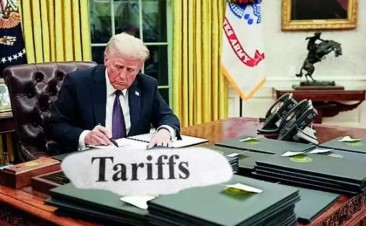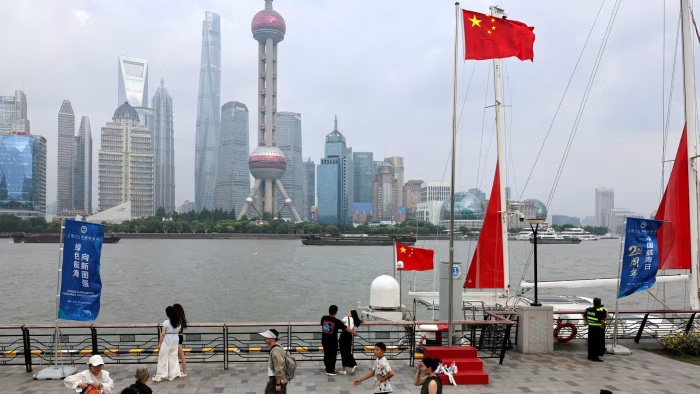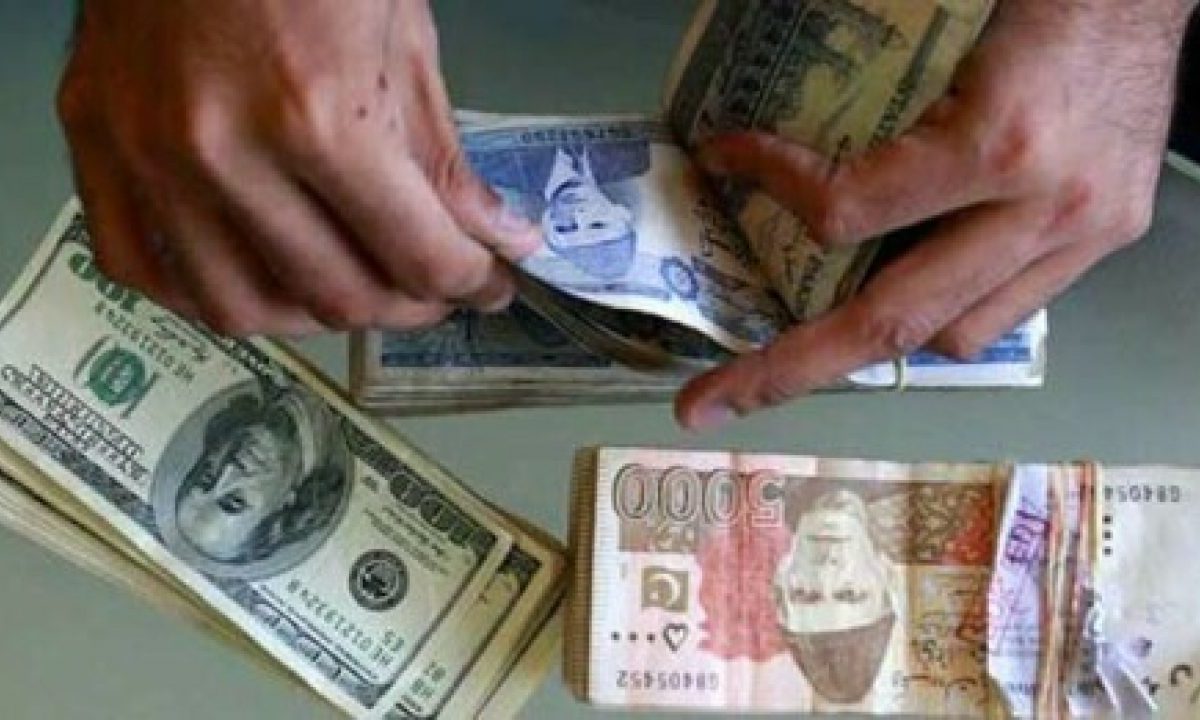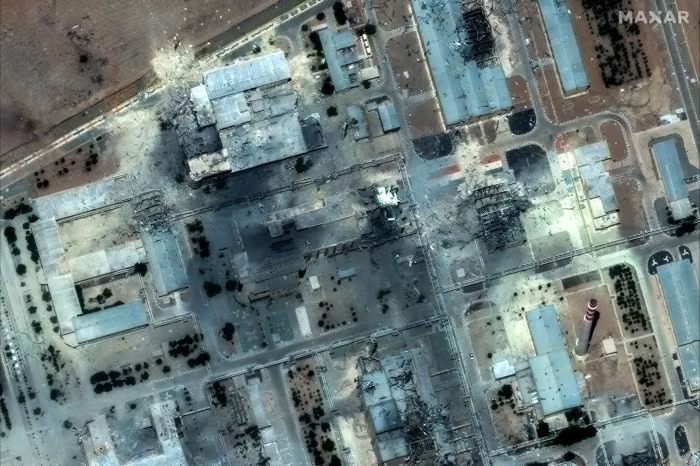
President Trump Imposes Sweeping Global Tariffs, Declares Economic Emergency
- World News
- April 2, 2025
- No Comment
President Trump Imposes Sweeping Global Tariffs, Declares Economic Emergency
President Donald Trump has enacted a comprehensive tariff policy affecting nearly all imported goods in a bid to revitalize U.S. manufacturing and reduce trade imbalances. The new measures introduce a minimum 10% tariff on most imports, with even higher rates imposed on nations with significant trade deficits with the U.S.
Key Highlights of the Tariff Policy
- 10% Baseline Tariff: Applies to most imported goods, except those from Canada and Mexico under the USMCA trade agreement.
- Targeted High-Tariff Nations: Countries with substantial trade imbalances with the U.S. will face additional duties exceeding 25%.
- 25% Tariff on Foreign Automobiles: Effective midnight ET, this move is aimed at strengthening the domestic automotive sector.
- Reciprocal Tariffs on 60+ Countries: Nations that impose high tariffs on U.S. exports will now be taxed at half their imposed rate, starting April 9.
Trump Declares Economic Emergency to Justify Tariffs
In an effort to justify his aggressive trade policy, President Trump has declared a national economic emergency, citing unfair global trade practices that have weakened American industries. The U.S. trade deficit in 2024 reached a historic $1.2 trillion, prompting this drastic economic intervention.
International Backlash and Retaliation Plans
World leaders and economic partners have voiced strong opposition to the tariffs, with many nations threatening countermeasures:
- European Union: Officials are reviewing retaliatory tariffs on major U.S. exports of technology and agriculture.
- Canada: Prime Minister Justin Trudeau criticized the decision, calling it “damaging for consumers and businesses on both sides.”
- China: Beijing has warned of “severe repercussions”, including reciprocal duties on U.S. goods.
- Australia & Norway: Officials denounced the move as “unjustified”, emphasizing its negative impact on global trade.
Market Reaction and Economic Concerns
The announcement triggered market volatility, with the Dow Jones dropping 256 points (0.61%) and the Nasdaq falling 2.54% in after-hours trading. Analysts warn that these tariffs could fuel inflation, disrupt global supply chains, and slow economic growth.
Despite the concerns, Trump remains steadfast in his vision to “put America first,” insisting that these tariffs will strengthen domestic production, reduce the national debt, and create new jobs. However, with global retaliation on the horizon, the long-term economic impact remains uncertain.







